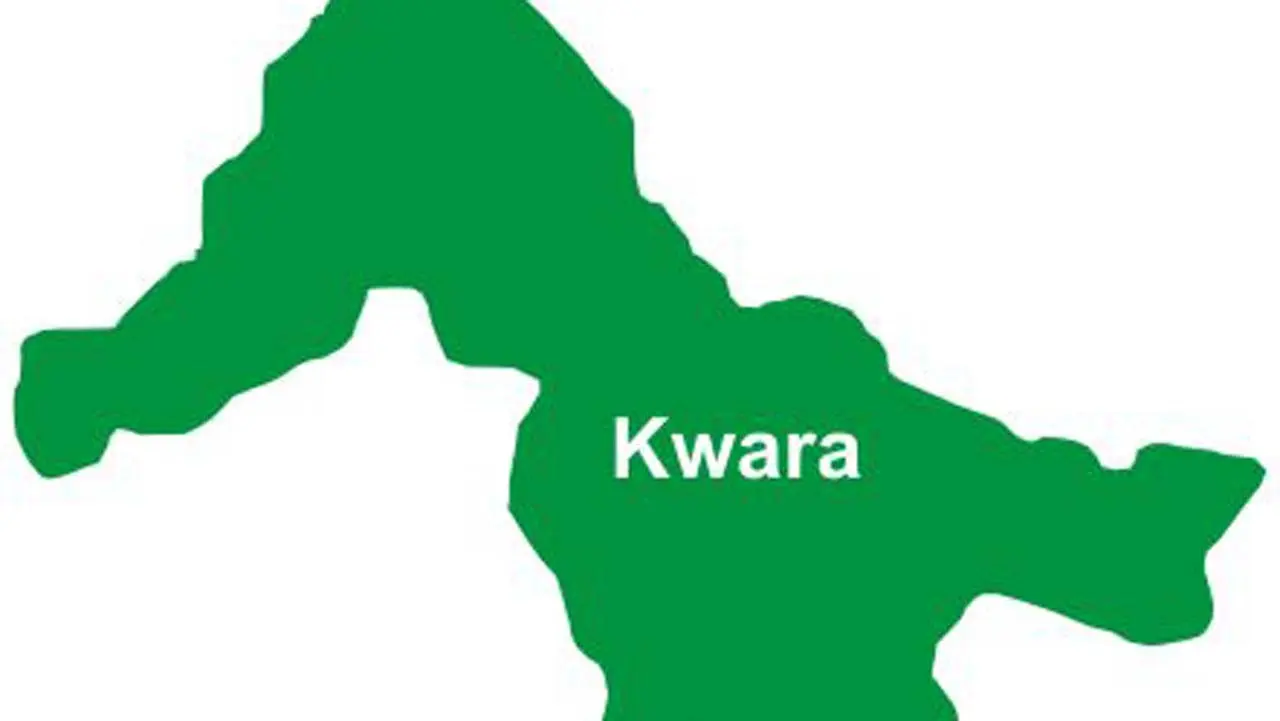Why we organise annual mass wedding — Kwara community
The Ohoro of Shao in Moro LGA of Kwara, Chief Job Atolagbe, has said that the community’s annual mass wedding tradition during the Awon festival is to promote unity and inclusiveness among the indigenes. Atolagbe, who noted that the wedding model provided an annual rallying point for indigenes, recalled that his mother wedded during the […]

The Ohoro of Shao in Moro LGA of Kwara, Chief Job Atolagbe, has said that the community’s annual mass wedding tradition during the Awon festival is to promote unity and inclusiveness among the indigenes.
Atolagbe, who noted that the wedding model provided an annual rallying point for indigenes, recalled that his mother wedded during the Awon festival.
Delving into the history of the tradition, Atolagbe explained that a hunter in the community in ancient times called Omo Larele often stopped at a stream to drink water anytime he went hunting in the forest.
He said, “As was his tradition, he stopped by the stream to drink water on a particular day and he saw a strange woman seated on the banks of the stream with only one breast.
CCD Launches Project Access to Justice , Calls for More Finding of Disability Organizations
Man demands N1.5m from wife in exchange for divorce
“History tells us that the woman was a fairy and her name was Awon. She told the hunter that she was the owner of the stream which he normally drank from.”
“She then told the hunter to take her to Oba Olanibo who was the first Ohoro of Shao.
“Awon was taken to Shao and she spent 18 days with the people of Shao. Before she left, she had a meeting with Oba Lanibo and his chiefs.
“When she was set to depart from Shao, she was accompanied by Oba Lanibo, his son and the chiefs of Shao, following a path that Awon chose.”
He further said Awon pledged to protect the community, but stipulated that indigenes should immortalise her through an annual mass wedding for females.
He pointed out that women married through the Awon mass wedding festival must acquire skills and should be of marriageable age, adding that would-be grooms must be employed or engaged in vocations to cater for their spouses.
Atolagbe, therefore, appealed to all tiers of government and NGOs to support and promote the Awon festival.
Also speaking, a community leader, Dr Wole Oke, said, “Our sons and daughters usually return to the community to celebrate the event.” he said. (NAN)
